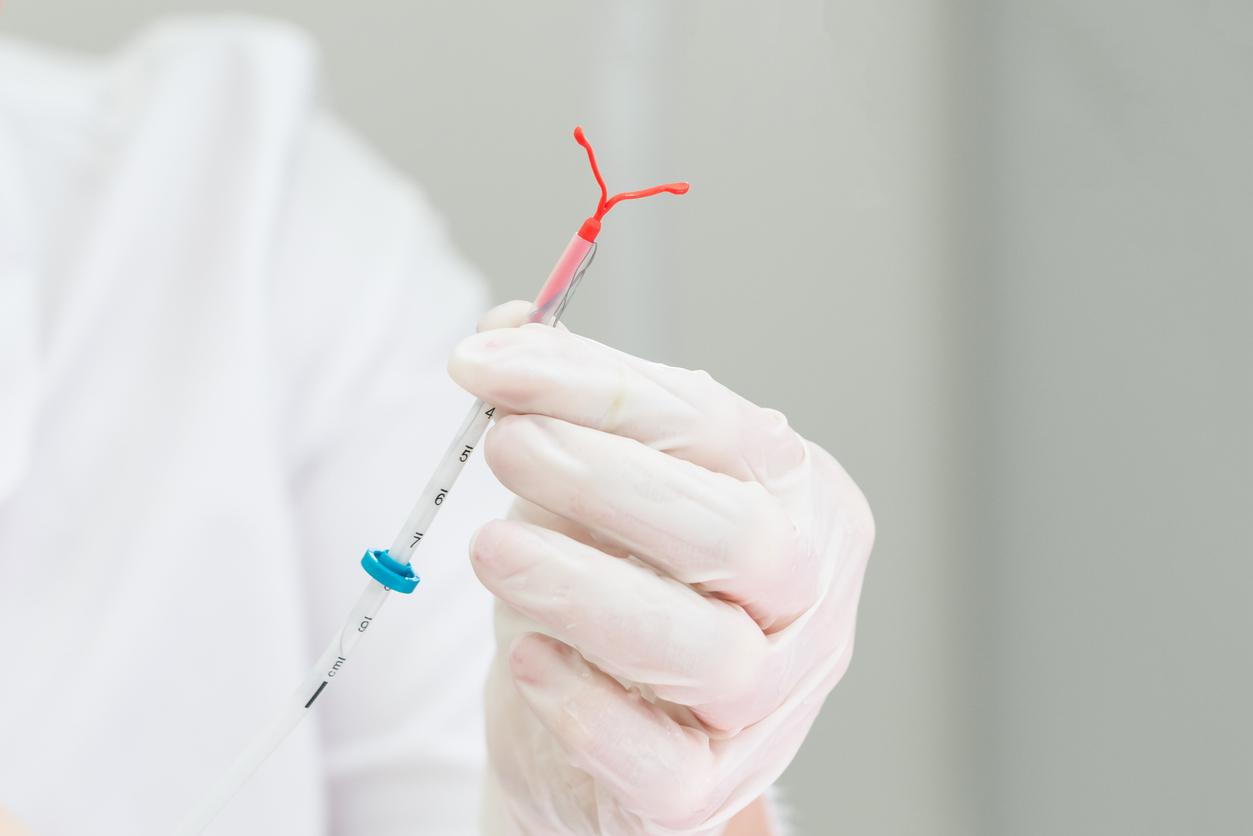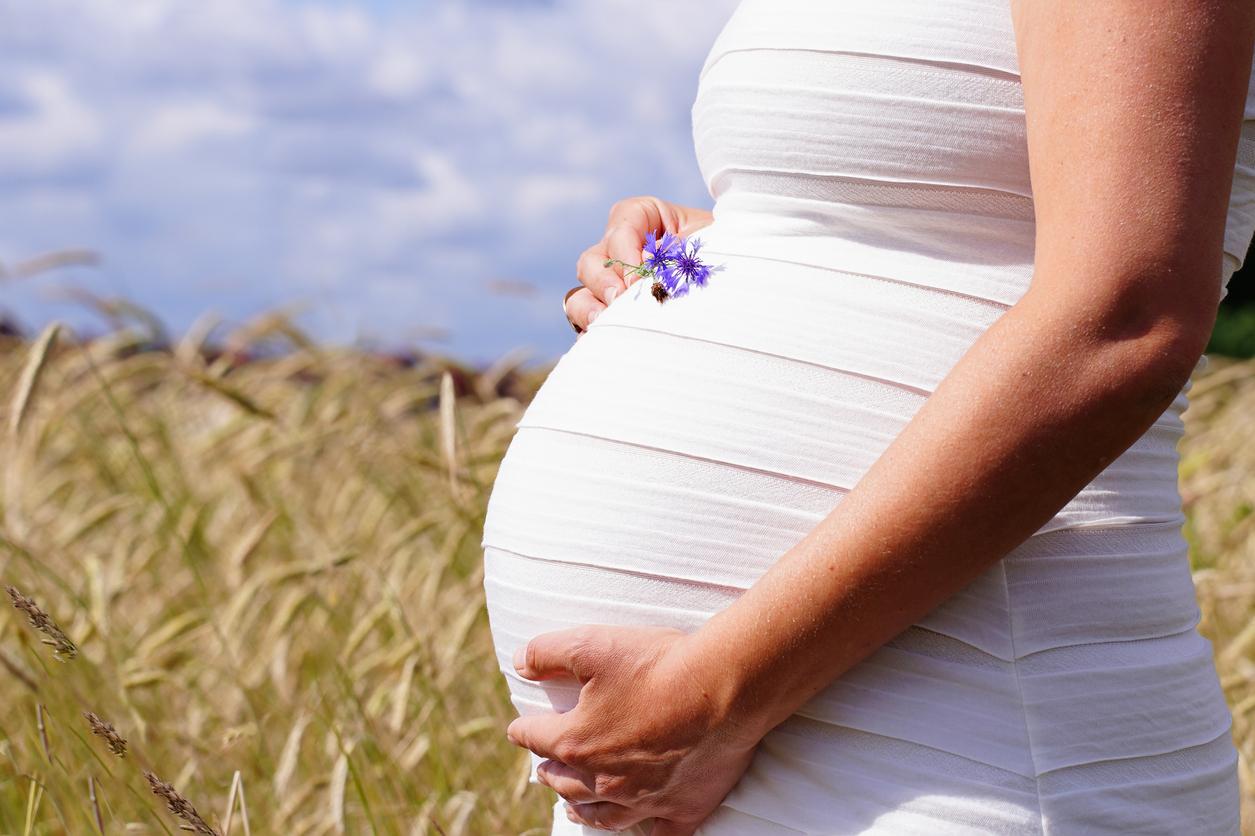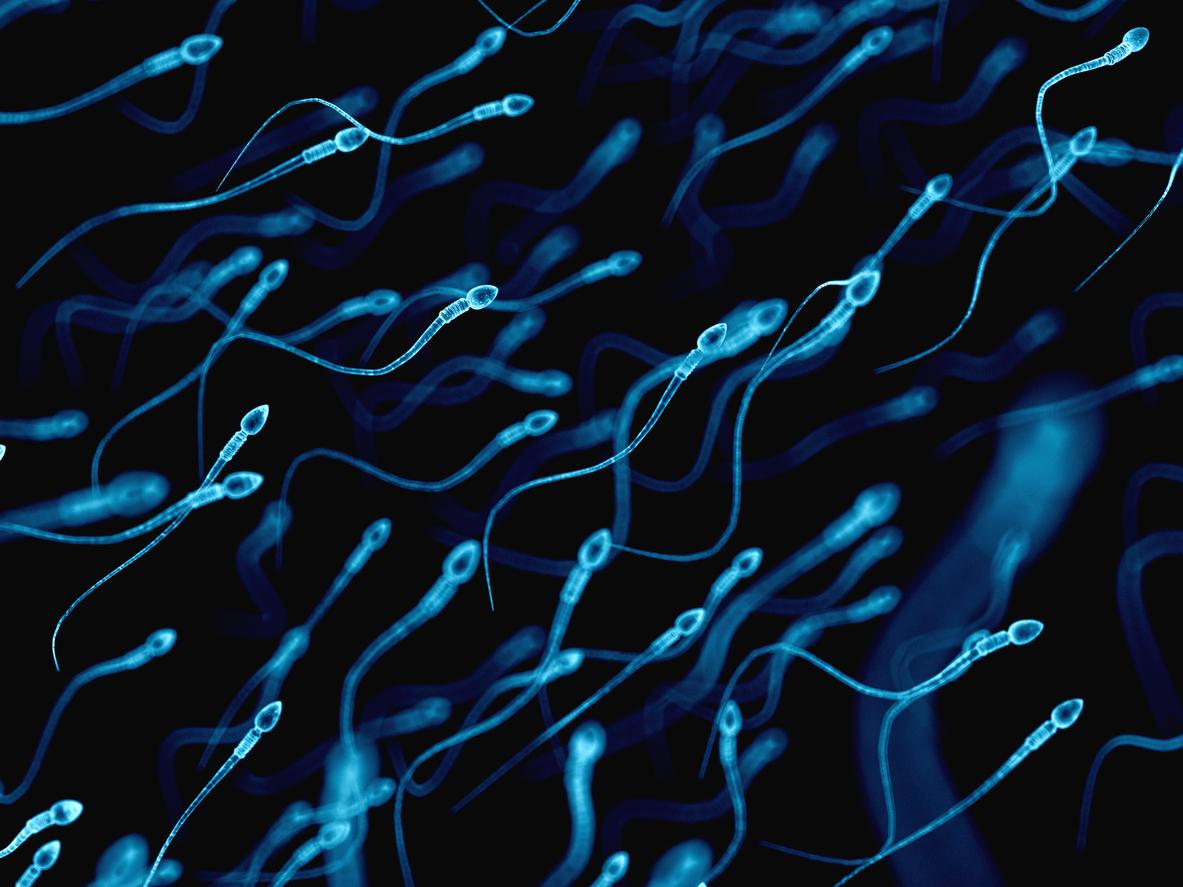American scientists have estimated that, in the context of breast cancer, the best defense would be pregnancy, which is considered a powerful attack. Explanations.

- Breast cancer is the most common cancer in women in France. Nearly one in eight patients will develop breast cancer during their lifetime.
- Pregnancy would reduce the risk of breast cancer in mice.
- After gestation, breast cells would call on specialized immune cells, called “Natural Killer T cells”, to prevent the appearance of tumors.
Does having children protect against breast cancer? According to a meta-analysis relayed by the Foundation for Medical Research and published in the journal The Lancet in 2002, the risk of developing breast cancer would decrease by 7% for each new pregnancy carried to term. In recent work, researchers from the Cold Spring Harbor Laboratory (USA) have established a new link between pregnancy and the immune system in the prevention of breast cancer. The results of this research have been published in the journal Cell Reports.
To reach this discovery, the scientists conducted experiments on nulliparous (which never carried babies and gave birth) and parous female mice. “We used single-cell RNA sequencing to profile the composition of epithelial and non-epithelial cells in breast tissue” rodents, can we read in the study.
Specialized immune cells prevent tumor formation
According to the results, after pregnancy, breast cells would call on specialized immune cells, called “Natural Killer T cells” or “NKT lymphocytes” to prevent the formation of tumors. According to researcher Amritha Varshini Hanasoge Somasundara, NKT cells are observed only in the mammary gland. “You don’t see this expansion elsewhere in the body, even though NKT cells are present everywhere else in the body”.
“We show that the expansion of NKTs after pregnancy is due to the high expression of the specific protein CD1d on mammary epithelial cells. The loss of CD1d expression on mammary epithelial cells after pregnancy, or the lack of activated NKTs, leads to mammary oncogenesis (all the factors and mechanisms at the origin of cancers or malignant tumors)”, detailed the authors in the works.
The researchers now want to do further research to determine if similar results can be seen in humans. “One of the hypotheses we are currently working on is: do pregnancies that occur later in life lead to the same expansion of the same immune cell subtypes as pregnancies that occur early in life?” the scientists said.
.

















